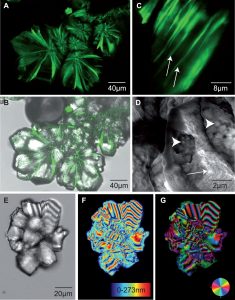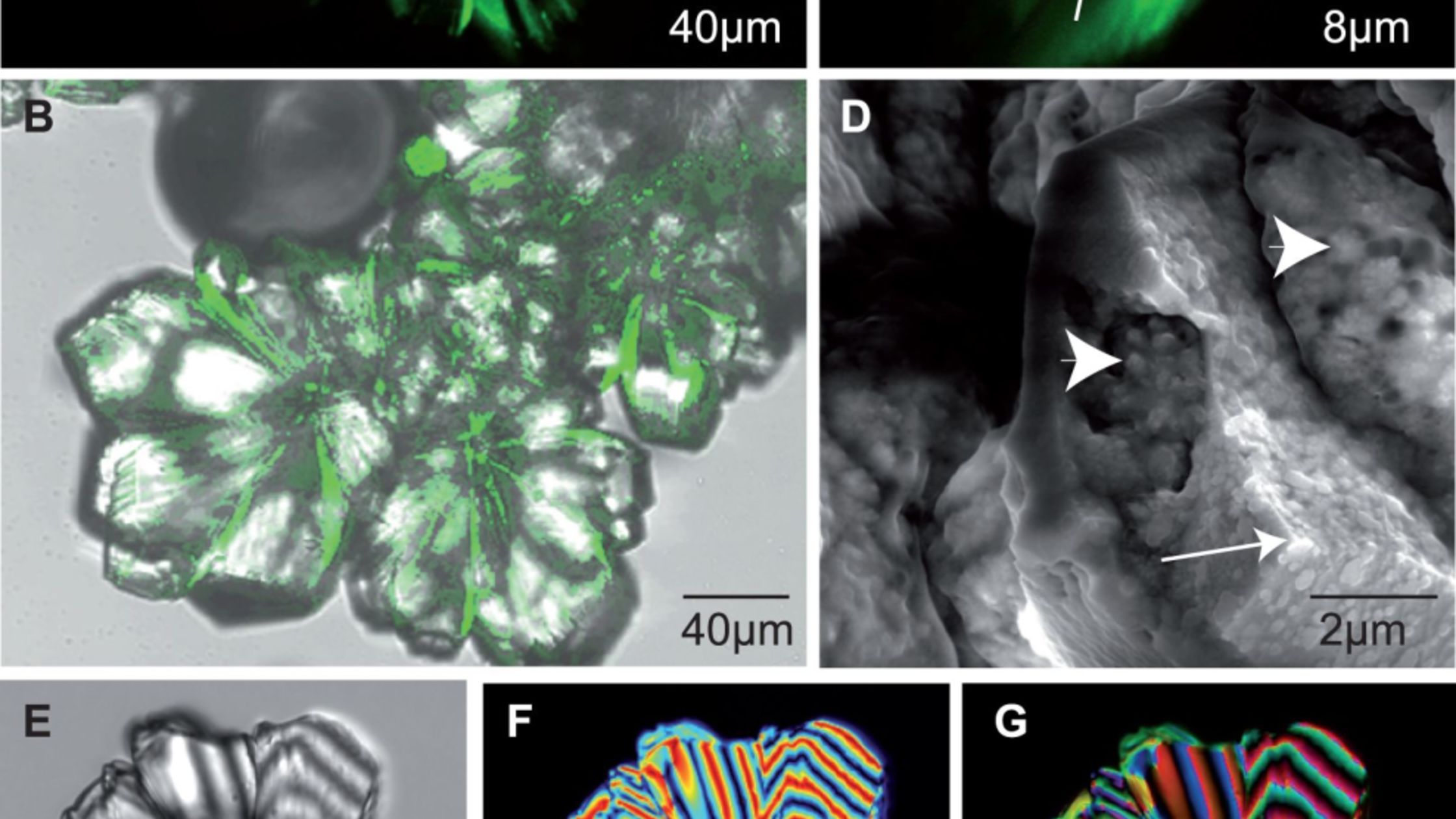PLOS makes its first appearance at ACS!
 Calling all chemists! PLOS ONE is headed to New Orleans next week for the American Chemical Society’s National Spring Meeting, where the theme is “Chemistry of Energy & Food.” ACS, the world’s largest scientific society, will be hosting more than 10,000 attendees who will gather to discuss all things chemistry, with a special emphasis on exploring chemistry’s relationship to food. In particular, the technical program will include talks and presentations covering sustainability, human health, food and energy biosystems, and the relationship between food and fuel.
Calling all chemists! PLOS ONE is headed to New Orleans next week for the American Chemical Society’s National Spring Meeting, where the theme is “Chemistry of Energy & Food.” ACS, the world’s largest scientific society, will be hosting more than 10,000 attendees who will gather to discuss all things chemistry, with a special emphasis on exploring chemistry’s relationship to food. In particular, the technical program will include talks and presentations covering sustainability, human health, food and energy biosystems, and the relationship between food and fuel.
Whether your field is biological, environmental, synthetic, or physical, PLOS ONE is looking to mingle with its authors, reviewers, and editors. If you’re in the neighborhood, please drop by and say hello! The PLOS ONE team will be at booth #1046 from April 7th through the 11th (Sunday to Thursday) to chat about and show our love for the science of matter.
If you’ve published in PLOS ONE, let us show you our article-level metrics and find out how many times your work has been cited, viewed, or downloaded as a pdf.
If you’re thinking about publishing with us, or are just new to open access and PLOS ONE, please pay us a visit and ask the ONE staff any burning questions you have about our policies and publication criteria. PLOS ONE has published over 14,000 research articles related to chemistry, and we are very excited to meet potential editors and reviewers with chemistry expertise.
Hope to see you soon!
Image Citation:
Weber E, Guth C, Weiss IM (2012) GFP Facilitates Native Purification of Recombinant Perlucin Derivatives and Delays the Precipitation of Calcium Carbonate. PLoS ONE 7(10): e46653. doi:10.1371/journal.pone.0046653
